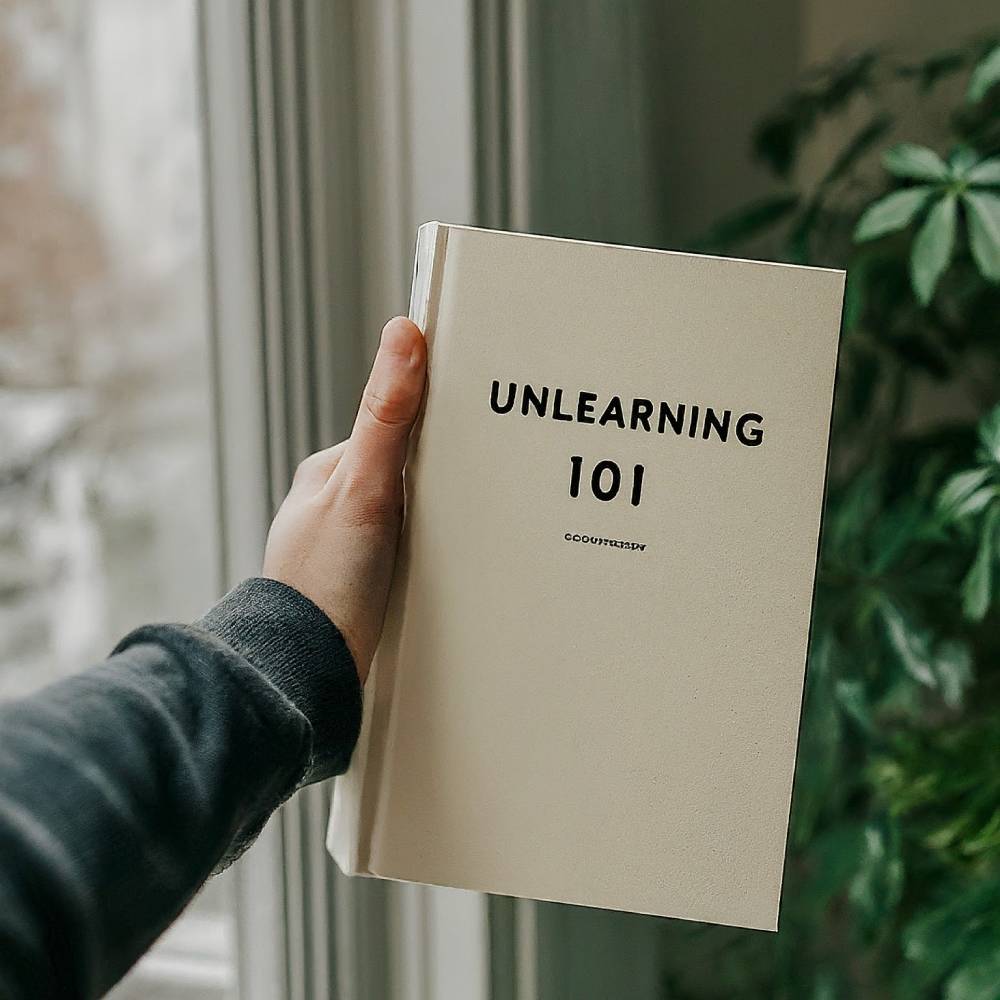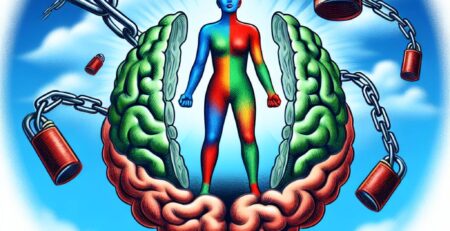What is Unlearning 101?
In our recent meeting, our CEO dropped a bombshell: “What’s the best way to learn? To unlearn what you know.” This got me thinking about how unlearning is key to growing both personally and professionally.
Why Unlearning Matters
Unlearning means letting go of outdated knowledge to make room for new insights. In today’s fast-paced world, industries and technologies are constantly evolving. Our old company, UnlimitedWP, has merged with E2M, and we’re all excited about this new chapter. But merging two companies means adapting to a new work style, culture, and processes.
Adapting to New Processes
At UnlimitedWP, we had our own way of doing things. Here at E2M, they do some things differently. To merge smoothly, we need to adapt to their style. Our CEO’s words, “What’s the best way to learn? To unlearn what you know,” kept echoing in my mind. Holding onto old methods can slow us down. By unlearning, we can stay flexible and open to new ideas.
Steps to Unlearn
- Acknowledge the Need: Admit that not all your old info is still useful.
- Example: You’ve always used one specific tool, but now there’s a more advanced one that can provide better insights.
- Challenge Assumptions: Question the usual way of doing things and stay open to new ideas.
- Example: You’ve always assumed that long meetings are necessary, but short, focused ones might be more effective.
- Seek New Information: Actively search for updated knowledge and best practices.
- Example: Read the latest articles on trends or attend webinars to learn new strategies.
- Reflect and Adapt: Regularly review your beliefs and tweak them based on new insights.
- Example: After trying a new approach evaluate its success and make adjustments as needed.
Benefits of Unlearning
- Improved Adaptability: Stay relevant in a changing environment.
- Example: By unlearning outdated practices, you can quickly adapt to changes and stay ahead of the competition.
- Enhanced Creativity: Break free from old patterns and think outside the box.
- Example: Instead of sticking to the same strategy, explore new approaches.
- Personal Growth: Continuously improve and expand your skills.
- Example: Unlearning old habits allows you to embrace new tools and techniques, making you a more versatile and effective professional.
By embracing unlearning, we can navigate our complex world better and drive personal and organizational success.
Conclusion
Unlearning isn’t about forgetting everything we know; it’s about making space for new knowledge. As our CEO wisely said, the best way to learn is to unlearn. Let’s adopt this mindset for continuous growth and improvement.







Leave a Reply